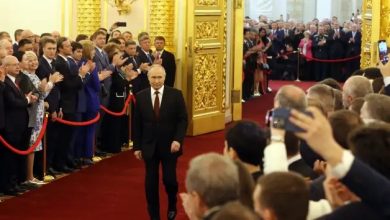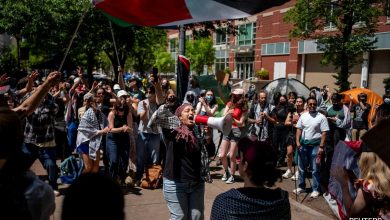Imran Khan’s opportunity to create a Naya Pakistan

The Battle of Balakot on May 6, 1831, between the Sikhs of Lahore Durbar and the followers of Tehreek-ul-Mujhahideen of Raebareli, under Syed Ahmad Barelvi and Shah Ismail, symbolically marked a new beginning as Sikhs were victorious and the Mujhahideens, vanquished. Can the Balakot of 2019 also be a new beginning? India is already claiming the Balakot airstrikes as a new era of a pre-emptive anti-terror action by using its air power, a first in the history of the country. But, can the Pakistani government, under its new leadership of Imran Khan, really move beyond debating and denying the impact of the aerial strikes and seize the momentum for making a paradigm shift from its reliance on non-state actors in its avowed objective to bleed India with a thousand cuts?
Even though the debates about the number of deaths of terrorists in aerial strikes may continue for many months, that the terror camps existed in Balakot is well documented. Amid all the claims and counterclaims by the two uneasy neighbours, Khan may have been presented a perfect opportunity by the Narendra Modi government’s action to assert himself on the anti-terror front and undertake effective action against the Hafiz Saeeds and Masood Azhars of the world. In view of the new normal, largely defined by the India’s first aerial strikes to pre-empt terror activities, mere detentions and house arrests of the perpetrators to ward off the international pressure till the embers die, may not be enough. The Pakistani governments of the past have undertaken actions which were mainly focused on deceiving the international community by undertaking a cosmetic action of banning front organisations which simply mutated under a different name.
Pakistan has had a chequered history of not undertaking serious measures needed to tackle the cause of the terror, as its fledgling democracy and armed forces have often worked at cross purposes. Its National Counter Terrorism Authority (NACTA) has listed and banned a number of terror outfits. Even the Jamaat-ul-Dawa (JuD) and its socioeconomic front organisation, Falah-e-Insaniat Foundation (FIF) had been on the watch list of NACTA. Both of these are sought to be banned in the aftermath of Balakot. However, the experience of such measures hardly inspires any confidence as both these organisations, after previous bans, merely started functioning under new names of Al Madina and Aisar Foundation. The spread of terror supporters and sympathisers has been truly cancerous across the nation state of Pakistan. Undoubtedly, it is being simultaneously accused by three of its four neighbours — India, Afghanistan and Iran — for the recent gruesome terror incidents on their soil. The spread of this malignancy across its geographical expanse needs an extensive surgery even though its mutation across different organs of the state makes the outcome unpredictable.
Khan’s words have largely sounded reassuring and candid to his own electorate since he has entered the political arena. But it will be his actions that will define the destiny of his country, which has recently got a 12th bailout from International Monetary fund (IMF) since early 1990s and is virtually surviving on doles from its friendly countries. The Pakistani prime minister, with a limited discretion due to overarching indirect control wielded by the army, may be in an unenviable position. But he has shown his ability to adapt and make compromises as a politician. He has been presented an opportunity by India through its cross-border strikes to truly create a Naya Pakistan. If he is unsuccessful, history is bound to repeat both as a tragedy and a farce for the floundering state of Pakistan as it continues to suffer at the hands of the Frankensteins created by its own state actors.





